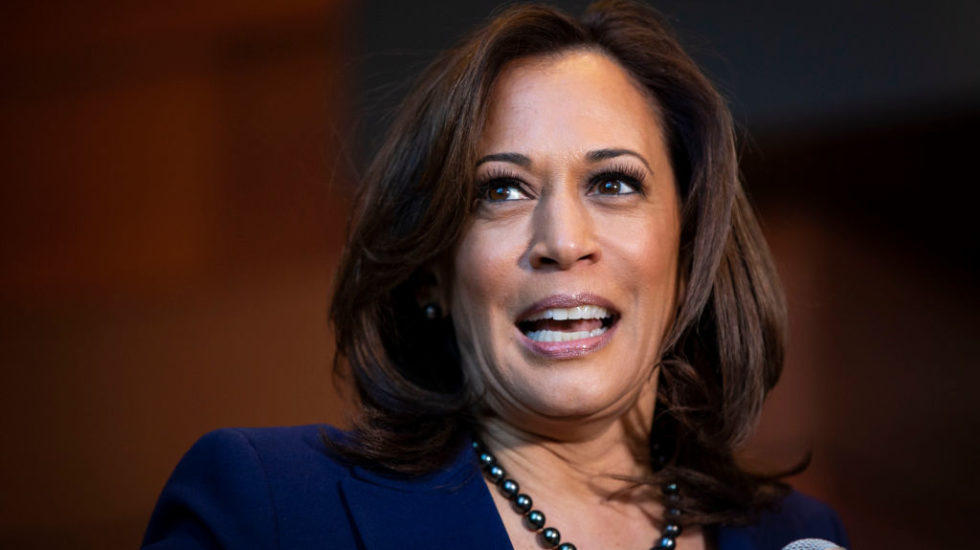The United States may be one of the most progressive countries in the world, but not when it comes to the White House. In the 230 years since George Washington became the first president the world has evolved around us, but the gender of the American president hasn’t. Sri Lanka elected a woman president in 1960, Israel in 1969, Argentina in 1974 and dozens of other nations did the same. In more contemporary times, Magaret Thatcher was the U.K. Prime Minister for 11 years (1979-1990) and Angela Merkel has been the German Chancellor since 2005. Yet here we are today in 2019, another election just 18 months, and many Americans still don’t rank females high on their list of presidential hopefuls.
Talk to enough Democratic voters this campaign season, and you hear a certain idea over and over.
“I’d love to vote for a woman. I’m not sure that any of the women candidates will make it to the top in the way that I think Biden and Beto will,” said Patti Rutka, who turned out to a March event in New Hampshire for former Texas Rep. Beto O’Rourke.
Likewise, Iowa voter Marilynn Leggio said she thought Elizabeth Warren would be a good president. But she added a note of caution: “I think there’s a lot of men out there that would never vote for a woman. I hate to say that, but I think that.”
And before you start to say it’s the older crowd that women need to win over, consider this: Axios polled college students about which candidates they liked the most and no woman cracked the top six.
Democratic strategist Alexis Grennel addressed the political gender gap in the Daily Beast writing that an Emerson poll had similar findings:
While Biden and Sanders are well-established candidates with decades of public service and national name recognition, it’s galling to see previously obscure men with limited accomplishments like “Beto” and “Mayor Pete” leapfrog over women whose outsized accomplishments and respective résumés would put most people to shame.
Grennel goes on to say:
Voters require female candidates to be more prepared than men—and then punish them for it when they inevitably prove less “likable.” This is not just a Republican sickness. According to the same Emerson poll, 26 percent of Sanders supporters would vote for Trump over Warren in a general election.
Kate Manne, author of Down Girl: The Logic of Misogyny recently told Vox:
People always say they want substance, but when it’s a woman bringing it, it seems unexciting. My worry is electability is a smokescreen for this sadly common thing, which is not wanting to support a female candidate. It seems to me that the “she’s not electable” excuse could be just that, an excuse.
No candidate is perfect but it’s clear that women are held to a different standard than men. Manne adds, “It’s tricky because often there is a real element of truth to the criticism. It’s just that one often sees men get away with similar behavior and worse without any consequences. It’s really frightening. There’s a culture of canceling women.”
Florida International Law professor Kerri Stone, who teaches employment discrimination, tells us:
The U.S., like much of the rest of the world, is still plagued by a double standard and a double bind for women. Society often expects them to appear as “tough” or “formidable” as it believes a man would be, while simultaneously not deviating too much from an idealized stereotypical version of feminity.
It’s also interesting to note that this isn’t just an issue with men not supporting female candidates. The majority of white women (52%) voted for Donald Trump in 2016, over Hillary Clinton. Brittney Cooper, author of Eloquent Rage: A Black Feminist Discovers Her Superpower ponders whether these women understand the repercussions and trickle down impact of that vote? Note: More than 90% of black women voted for Clinton.
Elizabeth Warren was recently asked why she and the other female candidates don’t seem to be polling well, her answer was more simple than any analysis. She broke it down with three words, “I don’t know.”
This post contains opinion and analysis



